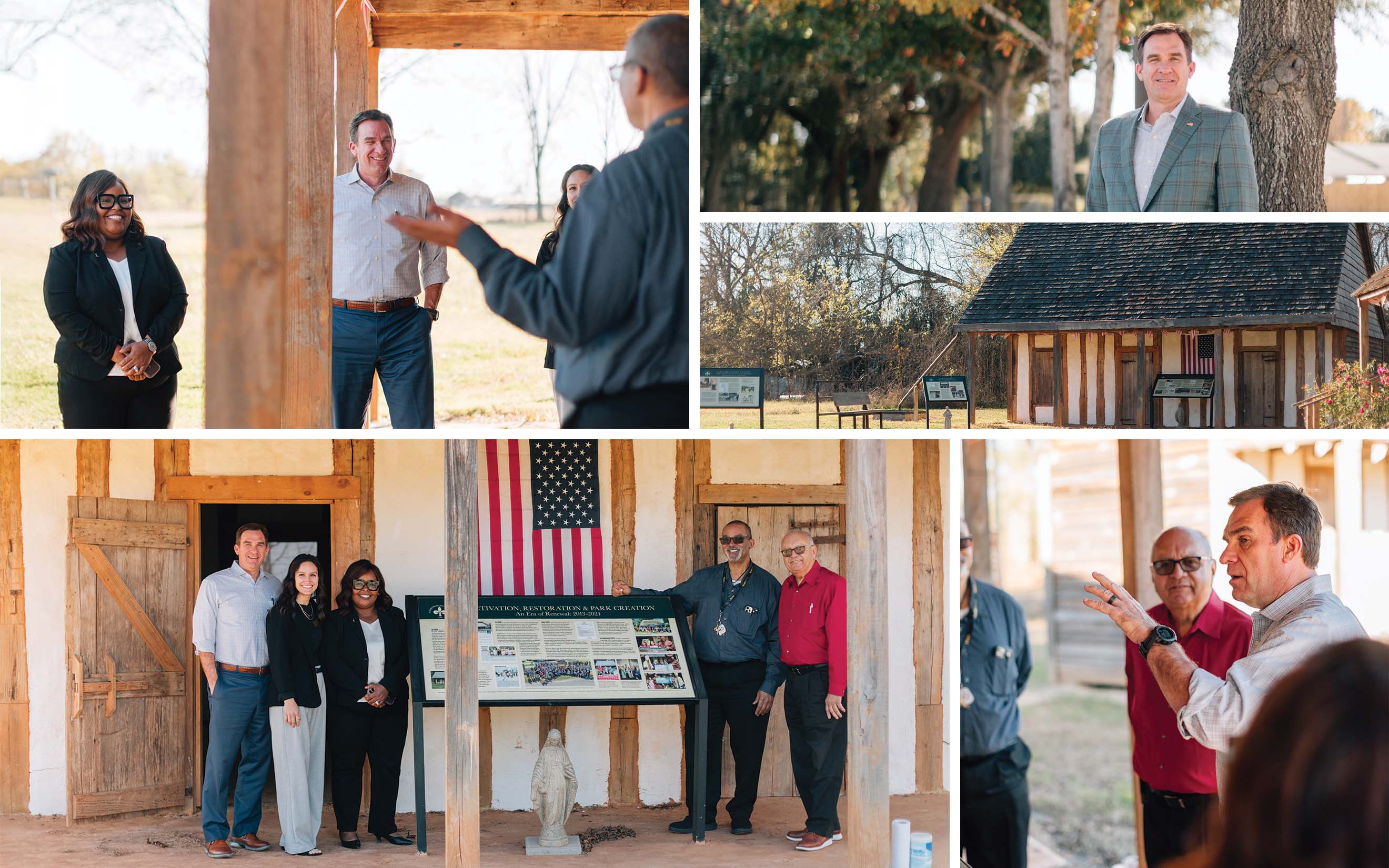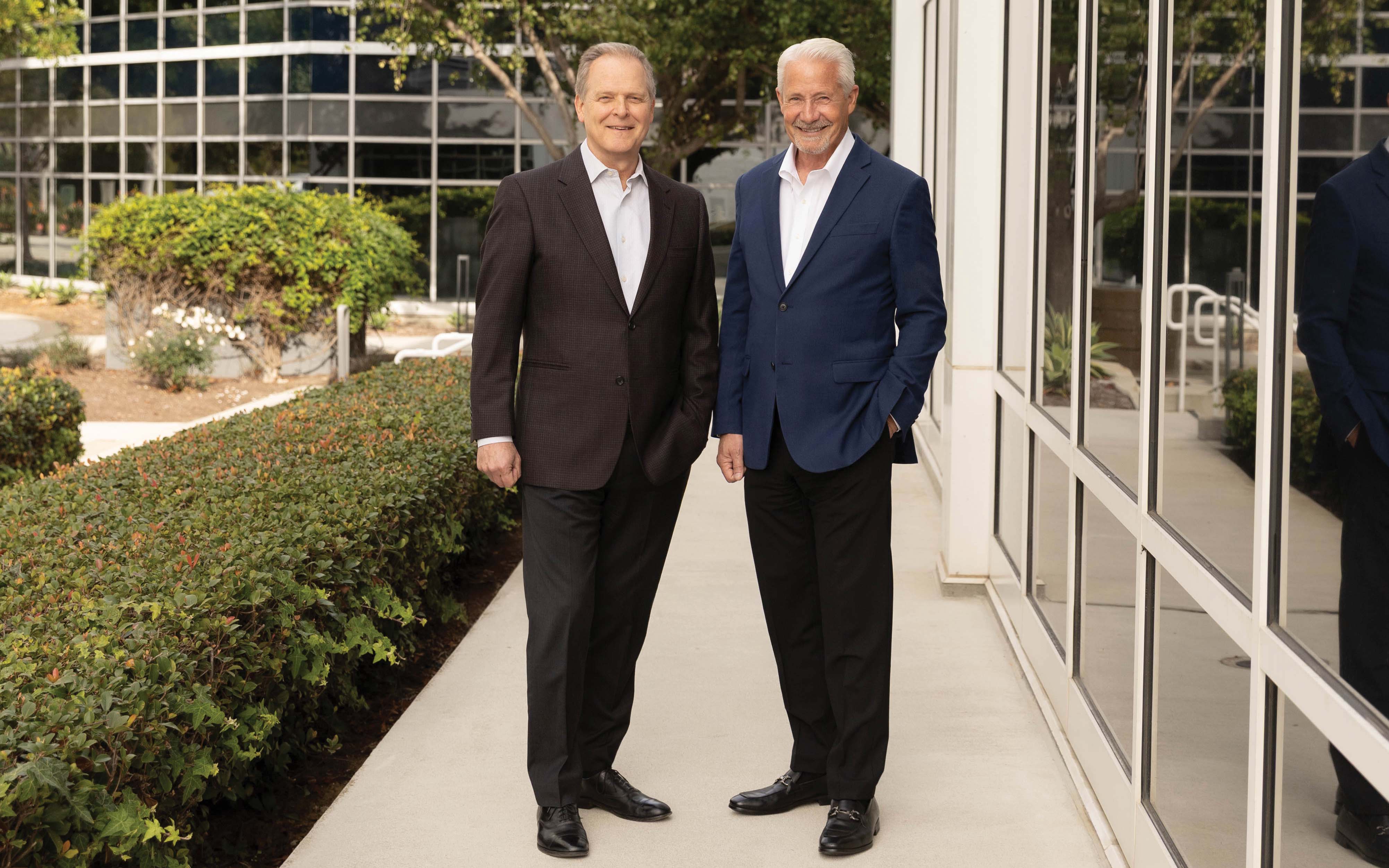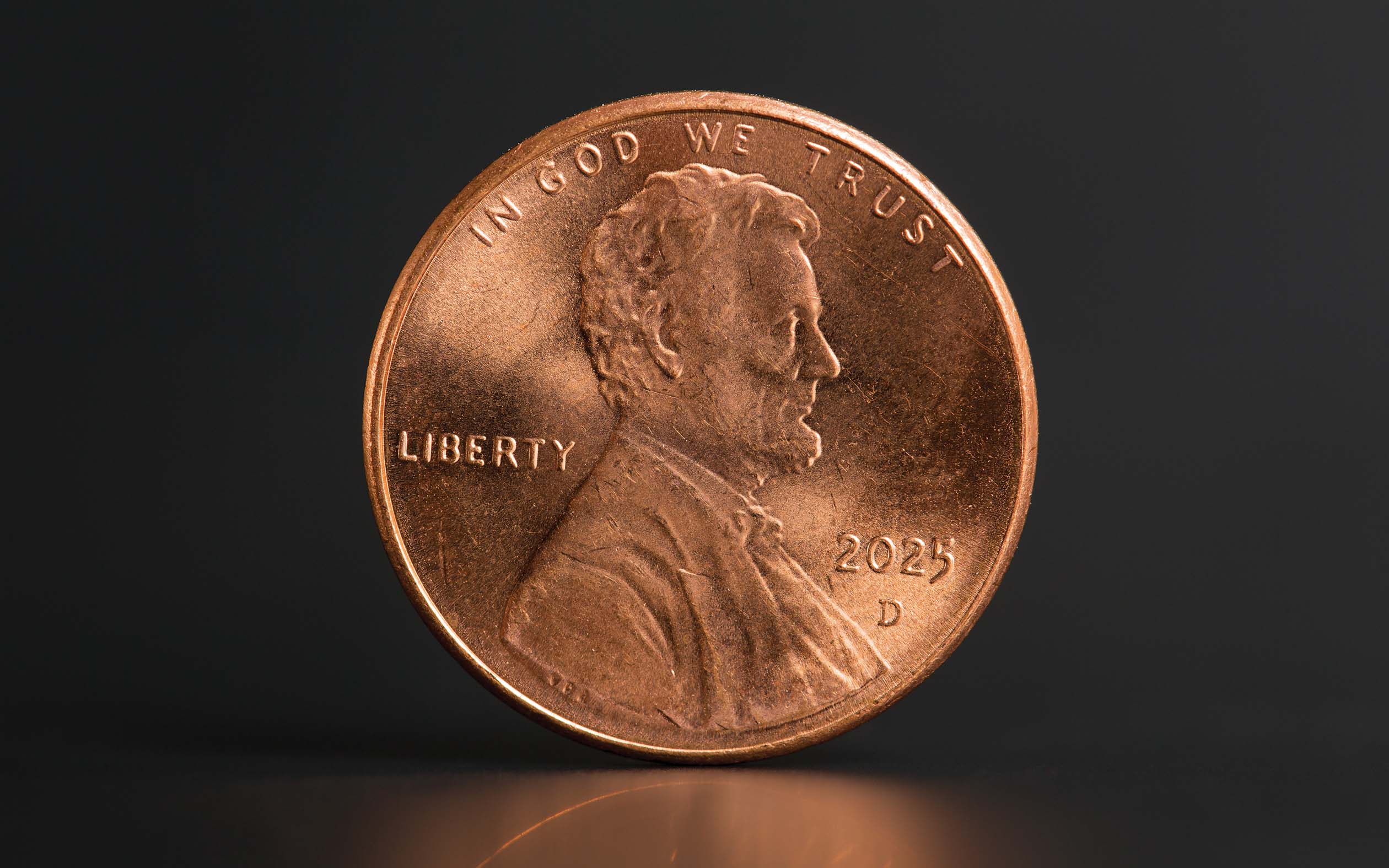OneUnited Bank’s AI-powered financial wellness tool is enabling the bank’s customers to make better financial decisions and build generational wealth.
OneUnited Bank Uses Tech to Bridge the Racial Wealth Gap
0225 Kevin Cohee 2k
February 05, 2025 / By Mindy Charski
OneUnited Bank’s AI-powered financial wellness tool is enabling the bank’s customers to make better financial decisions and build generational wealth.
Name:
OneUnited Bank
Assets:
$700 million
Location:
Boston
In the heart of Boston, $700 million-asset OneUnited Bank is advancing financial literacy, fueled by its mission to narrow the racial wealth gap. Through technology and innovation, the minority depository institution (MDI) and community development financial institution (CDFI) hopes to make a difference in its communities’ long-term fortunes.
It’s a huge and ongoing challenge: The racial wealth gap, fueled by systemic financial discrimination and exclusion, is stark. For every $1 a white family holds, a Black family holds 23 cents, and a Hispanic family holds 19 cents, according to a Q2 2024 report from the St. Louis Federal Reserve. Much of this is due to a historical lack of access to homeownership, the primary source of generational wealth. OneUnited believes financial literacy also plays a key role in closing the gap.
The 2023 launch of the community bank’s AI-driven financial wellness tool, WiseOne Insights, is its attempt to empower disadvantaged communities to make more informed financial choices, build generational wealth and reduce financial stress.
“A big part of being financially literate is being able to have control over your financial information in a real-time kind of way,” says Kevin Cohee, chairman and CEO of OneUnited, which, as of the third quarter of 2024, is one of 23 Black-owned banks in the U.S., according to the FDIC.
Financial knowledge is power
For Cohee, financial literacy is a divider between society’s “haves” and “have nots.” Those who have gained financial skills “know what to do with the money when they get it,” he says, “and so they’re just sitting there—this really small group of people—compounding away and getting richer and richer.”
On the other hand, he says, those who have less “can’t seem to get anywhere because they don’t have the job opportunities. They don’t know what to do with the money when they get it; they are often victimized financially through one type of [financial] product or another.”
The inability to accumulate resources and take advantage of opportunities like insurance to build generational wealth can perpetuate the challenges through generations, Cohee adds.
A tech-driven approach to banking and education
The racial wealth gap
For every $1 a white family holds:
A Black family holds
23 cents
A Hispanic family holds
19 cents
Source: St. Louis Federal Reserve, Q2 2024
OneUnited has six branches across Boston, Los Angeles and Miami, but most of its customers bank through digital channels like mobile and online banking. “We are a technology company. We think we’re one of the top technology banks in the country,” Cohee says.
The community bank launched its digital platform in 2005 and has continually added more digital services through its OneUnited app, where customers can access WiseOne Insights.
Users of the financial wellness tool can incorporate information from both their OneUnited accounts and accounts at other financial institutions. “It allows people to pull together their assets, their liabilities, their revenues, their expenses and, most importantly, to have a clear understanding of how their cash flows through the world,” Cohee says.
The tool then analyzes their behavior—account activity, transactions and patterns of spending and savings—to help them make smart financial decisions.
For example, WiseOne Insights can tell a customer how long they could maintain their usual spending if they lost their job. It suggests opportunities for them to increase savings when they have extra money available, as well as effective strategies they can use to pay off debt. It can also flag new fees, duplicate charges and bills that are higher than normal.
But while it may highlight areas for improvement—like pointing out that a customer’s mortgage rate is high—the tool doesn’t direct the user to a OneUnited offering. “It isn’t designed to steer people in any direction,” Cohee says. “It’s designed to draw your attention to things that, if you were more financially literate, would be concerns of yours.”
Cohee sees AI, with its ability to process information at great speed and depth, as transformational across industries. OneUnited has integrated AI into its bank operations to serve customers better. “It doesn’t replace humans, but it greatly enhances the ability of the company to provide the kind of customer service that people need,” Cohee says.
The community bank can use AI to quickly answer customer queries about existing balances and recent transactions, for example, so customer service representatives can focus on more complex issues.
AI helps carry the load
With this grasp of AI’s potential, it wasn’t a big leap for the bank to envision the role it could play in improving the long-standing problem of people not being taught good money skills in school.
“The great news is technology, artificial intelligence in particular, has just reached the point where that tool could be used to solve what is in essence a lack-of-information problem,” Cohee says. “A lack of financial literacy is in essence a lack-of-information problem.”
Cohee says WiseOne Insights has a “tremendous” adoption rate. Appreciation for the bank’s broader efforts toward making customers more financially well is also on display in customer reviews. One reads, “I am kept updated with any changes and how I can improve my knowledge in money management.” Another reads, “I make reasonable financial spending decisions, and be careful not to be wasteful with my funds, thanks to OneUnited Bank.”
According to Cohee, “[WiseOne Insights] helps people and, from our perspective, that’s a big part of our mission. We don’t exist just to sit here and make every dollar that we can make.”
Rooted in Black history
Kevin Cohee, chairman and CEO of OneUnited Bank in Boston, says the “original cause” of the community bank is rooted in Black history and inspired by the leaders who spoke of the need for a national Black-owned bank. He explains that this would be an institution with access to the payment system that could garner the economic resources of Black America and its allies and rechannel them into Black communities.
“We didn't come up with that concept,” Cohee explains. “We're just the people who were tasked with fulfilling that mission.”
OneUnited began its quest to build a national bank by acquiring smaller Black-owned banks, but in the early 2000s it pivoted its growth strategy to instead prioritize technology. “As we were seeing technology change, we were saying, ‘This whole business is just going to shift,’” says Cohee. “The way people want to receive their financial services was going to shift.”
Subscribe now
Sign up for the Independent Banker newsletter to receive twice-monthly emails about new issues and must-read content you might have missed.
Sponsored Content
Featured Webinars
Join ICBA Community
Interested in discussing this and other topics? Network with and learn from your peers with the app designed for community bankers.
Subscribe Today
Sign up for Independent Banker eNews to receive twice-monthly emails that alert you when a new issue drops and highlight must-read content you might have missed.
News Watch Today

Join the Conversation with ICBA Community
ICBA Community is an online platform led by community bankers to foster connections, collaborations, and discussions on industry news, best practices, and regulations, while promoting networking, mentorship, and member feedback to guide future initiatives.












